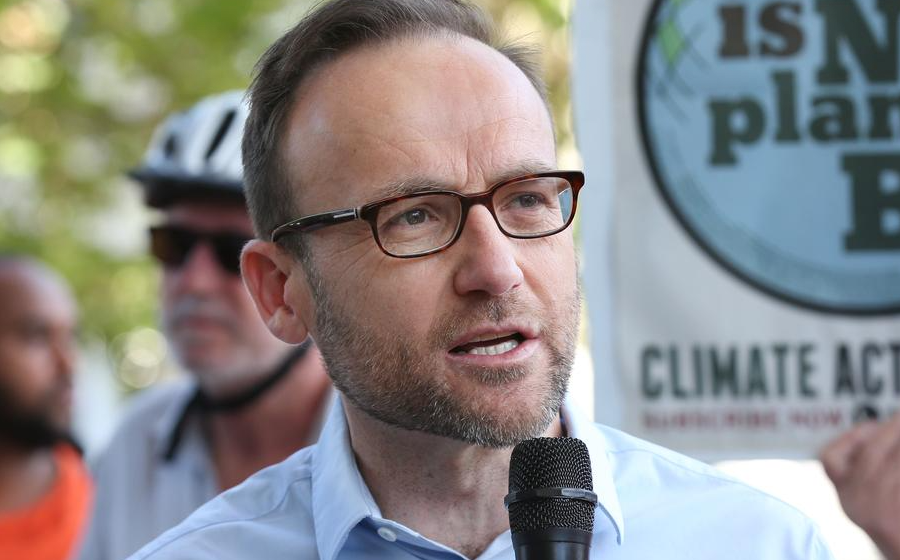After months of safeguard mechanism talks, the federal government has won the backing it needs to carry out its primary promise to combating climate change.
The centrepiece of Labor’s goal to cut carbon emissions by 43% by 2030 is this programme.
The government has consistently rejected the Greens’ long-standing demand that Labor make a commitment to no new coal and gas projects.
A strict ceiling on emissions, according to Greens leader Adam Bandt, would affect new or enlarged high-polluting projects.
He anticipated that 116 new coal and gas projects in the works would become unfeasible due to the strict emissions limits since they would not be able to reduce their emissions below the threshold.
“The Greens have stopped about half of them [in the pipeline] but Labor still wants to open the rest,” Mr Bandt said.
“And, so, now there is going to be a fight for every new project that the government wants to open.”
The safeguard mechanism bill before the parliament seeks to impose emissions limits on the 215 largest-polluting facilities in the country.
It requires those companies to cut, or pay offsets, to reduce their emissions by 4.9 per cent each year to 2030.
Climate Change Minister Chris Bowen has led the safeguard negotiations with the Greens since Labor won power last year.
He said Labor only accepted amendments that were in keeping with Labor’s election commitments and policy agenda.
“They do two things, strengthen accountability, transparency and integrity of the scheme and, secondly, provide extra support for those strategic manufacturing industries that are so important for our economy and transition as well,” Mr Bowen said.
The deal will see the government offer extra money to support “Australia’s sovereign capability” in the steel, aluminium and cement sectors.
There had been fears that those sectors would be forced offshore without additional support to cut emissions.
Mr Bandt said that, while the negotiations had been in good faith, he was critical of Labor’s approach to coal and gas.
“Negotiating with Labor is like negotiating with the political wing of the coal and gas corporations,” he said.
“Labor seems more afraid of the coal and gas corporations than the climate collapse.”



